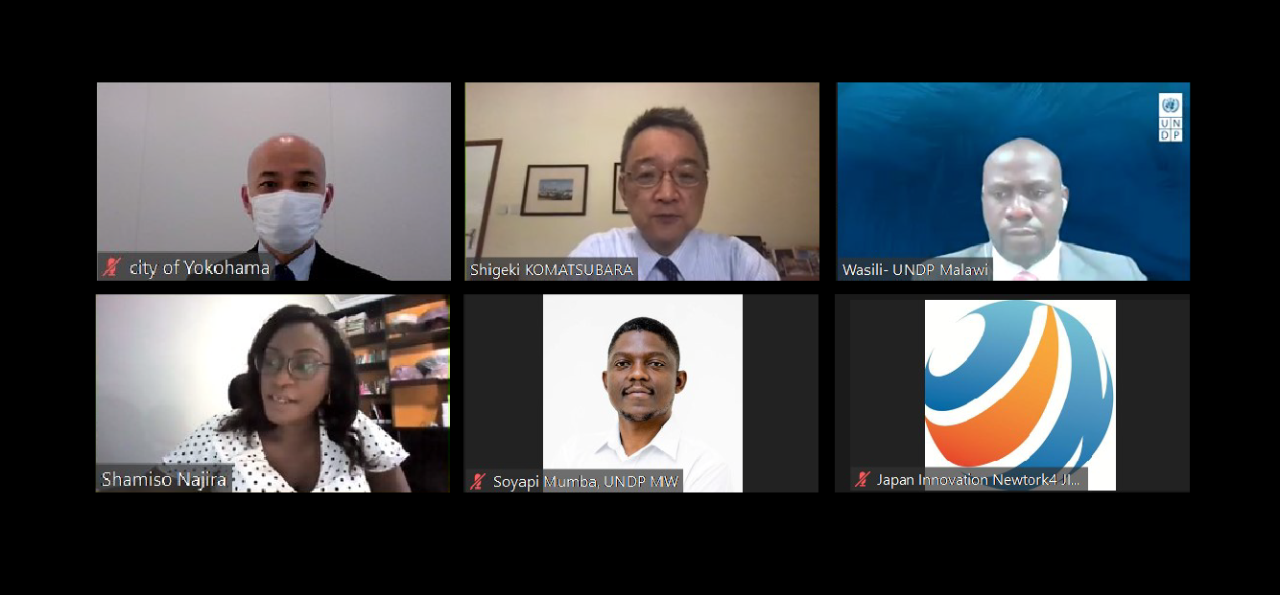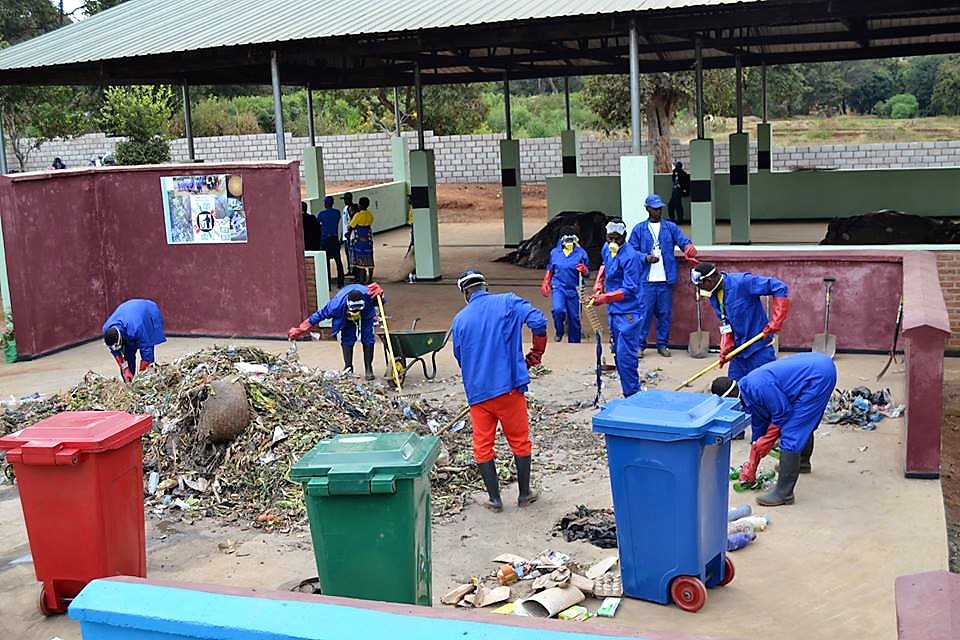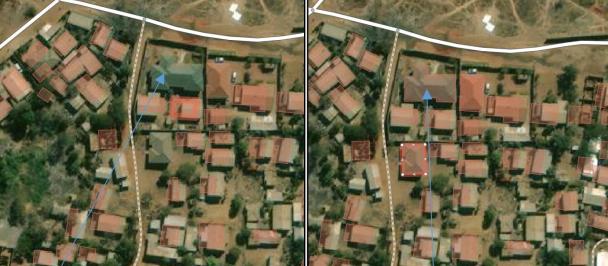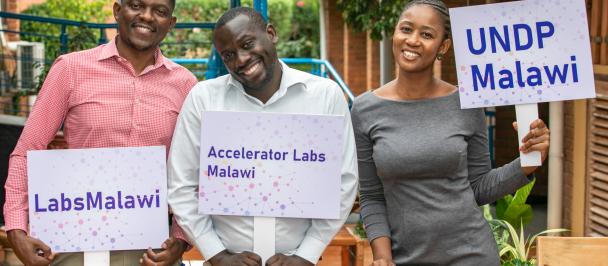The Acclab in Malawi is working with different players in finding innovative solutions to challenges in waste management in Malawi
Lessons from the City of Yokohoma
Developing an effective waste management system is one of the key areas for achieving sustainable development in Malawi. SDG 12 on responsible consumption and production, targets on substantially reducing waste generation through prevention, reduction, and recycling of all waste, by 2030.
Malawi has been facing several challenges in waste management, with City Councils managing only 12% of the waste, and the private waste collectors working to fill the gap. Furthermore, the limited coordination between waste generators (households and institutions), waste collectors and recyclers also exacerbate the challenges.
To help strengthen Malawi’s waste management in cities and district councils, UNDP through its Accelerator Lab collaborated with the City of Yokohama and Malawi’s City Councils on a two-day webinar to exchange expertise on sustainable waste management.
“Major cities in Malawi are challenged by the accumulation of waste due to rapid increase in the urban population and limited resources that are available for public service delivery”, observed Shamiso Najira, Deputy Director of Environmental Affairs under Malawi’s Ministry of Forestry and Natural Resources, in her opening remarks.
With over 60 participants from both the public and private sector, representatives from Yokohama shared their experiences on key activities and initiatives undertaken by the city since its existence.
The City of Yokohama highlighted the importance of having a robust systems approach, which leads to the reduction of waste amount and waste management cost. The city started developing waste treatment facilities and expanding waste collection in the 1970s ‘Mass Consumption Age’, when Japan experienced an explosive economic growth, with rapid urbanization and increase in population growth rate which created challenges for the city, as the amount of waste skyrocketed.
Some of the key lessons shared with the participants on Japan’s success also included: citizens’ cooperation in maintaining cleanliness in the city; proactively engaging the public to promote the 3R Policy (Reduce, Re-use and Recycle); importance of sorting waste at source which is crucial in household waste management; sensitization of the public on conducting appropriate household waste management; and how the city makes use of its landfill sites and incineration plants.
In his remarks, the Resident Representative of UNDP Malawi, Shigeki Komatsubara said, “Water and Sanitation are critical components of the SDGs and Malawi’s 2063 vision. Waste management is not only reducing waste but also reusing and recycling waste. Simply put, there is no waste to be wasted. I am very happy that our team is now working with friends in Malawi on such critical part of Malawian lives, in partnership with the City of Yokohama”.
Commenting on the sessions, Wasili Mfungwe, Head of Exploration for UNDP Malawi’s AccLab indicated how the Lab anticipates a lot more collaboration as they experiment on solutions aimed at sustainable waste management for the country.
“It was great to learn that the City of Yokohama took a similar trajectory that Malawi Cities are currently taking. There were interesting insights on how communities were involved at the design of plans to do with waste, which enhanced implementation”, said Wasili.
In their testimonies to the event, one of the participants remarked; “It is amazing how the Yokohama G30 plan and the adoption of 3R policy triggered a reduction in waste and landfill waste. Citizen education on sorting is instrumental”.
UNDP Accelerator Lab Malawi is the only Lab in Africa selected alongside four others, working on circular economy to implement the Japan SDGs Innovation Challenge for UNDP Accelerator Labs with support from the Office of the Cabinet of Japan. The innovation challenge projects allowed collaboration of Accelerator Labs with partner local governments, private firms and academia in Japan. The City of Yokohama, which is also a host of Tokyo International Conference on African Development (TICAD) Summits in Japan, has been identified as the main Japanese partner for the project. In Malawi
The current partnership builds on a long standing partnership between Malawi - Japan - UNDP; as well as the support from Yokohama through Japan International Cooperation Agency (JICA) to Lilongwe Water Board, to support the better management of the water system for the City of Lilongwe.
The Acclab in Malawi will continue the dialogue with stakeholders to work towards finding solutions to challenges in Waste Management in Malawi with key initiatives in engaging communities/households to sort waste at source, City Master Planning, Recycling and Waste Collection.


 Locations
Locations


